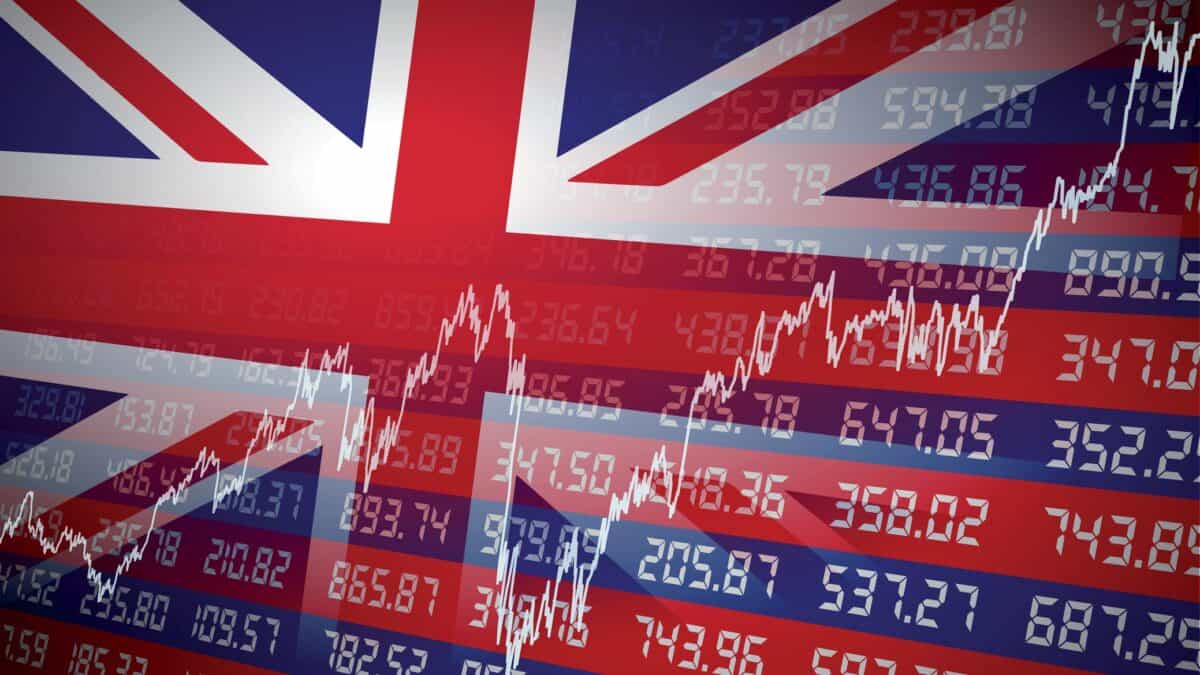A friend of mine – a business owner in Florida – recently posted a popular Internet meme about corporate greed causing inflation.
The original post was made by “The Other 98%,” a political group that advocates “taxing the rich.”
Here is the post…
At face value, you can understand why people would feel angry after seeing this post. After all, Kroger and Publix are making a fortune with higher prices!
It must be pure greed causing inflation, right?
And of course, the 10,000 people who liked the post came away with that impression.
But is it true? Is it fact or fiction?
Let’s dig deeper.
Getting the Facts Straight
In my view, there are two major problems with this post. Let’s start with the first: The timeframe.
We’ll begin with Kroger. This post only looks at the increase in net income released in annual reports from 2022 to 2023, a period in which Kroger’s profit rose from $1.65 billion to $2.24 billion… an increase of 35.6%.
That seems really high. But if you go back to 2021, you’d see that Kroger’s profit was actually $2.58 billionthen. It was higher in 2021, compared to 2022 or 2023.
The full story is that profits dropped by 36% from 2021 to 2022. And then regained ground back to $2.24 billion in 2023.
But take note, Kroger did not regain all the ground lost in 2022. If you look at the entire time period from 2021 to 2023, net profit is actually down by 13% in total. Kroger is making less money now than before inflation ramped up.
Publix is a similar story. Yes, net profit went up by 49% from the 2022 annual report to the 2023 annual report. But from 2021 to 2023, net profit actually decreased slightly from $4.4 billion to $4.3 billion – while in 2022 it temporarily dropped to $2.9 billion.
It’s an easy story to understand really. When 40-year highs in inflation drove supplier costs higher in 2022, Publix and Kroger saw profits drop. Both grocers had to raise prices to compensate. And so, in the following year, profits rose back near to where they were two years earlier. But overall net profit was still down for both companies.
Clearly, looking at a further timeframe adds more context to the original claim.
But there is a second problem…
Net income isn’t the most accurate figure for determining if price increases are generating more profit.
This figuret can contain other factors like taxes, the sale of equipment, real estate purchases or sales, or profits from stock holdings.
And in the case of Publix and Kroger, net income included equity holdings that gained value from 2022 to 2023 and skewed the numbers.
So what we really need to look at to get an accurate picture of Kroger and Publix’ business performance is operating income.
These Numbers Tell a Different Story
Here too the original claim by “The Other 98%” falls apart.
In Kroger’s latest earnings release, it reported a decrease in operating income from $4.16 billion to $3.12 billion. That’s a significant reduction of 25%. Publix also saw a reduction in operating income from $4.76 billion to $4.47 billion – a decrease of 6%.
In other words, the amount of money Kroger and Publix are making from their actual business operations has fallen.
So no, grocery chain greed is not the TRUE cause of inflation.
In fact, Kroger and Publix have seen significantly less profits due to inflation, despite higher overall sales.
And the truth is, grocery stores are some of the least “greedy” businesses in the world. Their profit margins are razor thin.
Publix, for example, has seen inflation reduce their profit margin from 8.7% to 7.8% in 2023.
That means for every $100 you spend at Publix; the company keeps just $7.80. That’s about the same amount the government takes just in sales tax.
For Kroger, it’s even worse…
Inflation pushed their profit margin down from 2.78% to a paltry 2.06%.
Kroger only keeps $2.06 per $100 spent at one of its stores.
That’s miniscule.
Why are profit margins so low?
Well, that’s the beauty of our capitalist system.
The truth is grocery stores cannot simply raise prices and increase their profits. They have too many competitors who would be willing to undercut them and take their business.
In our capitalist system, all transactions are voluntary. If Publix increases prices too high, consumers will go to Albertsons, Walmart, Winn-Dixie, The Fresh Market or dozens of other options.
This keeps profit margins low. And so, inflation only rises when supplier prices all rise together due to outside conditions.
Fact or Fiction?
So is the claim that “corporate greed is driving inflation at grocery stores” a fact or fiction?
I rate it fiction with a capital F.
But there is a happy ending to this story… sort of anyway.
After a few days, “The Other 98%” had to change the post to explain that it was indeed false and misleading.
Here’s what the post says now…

It’s nice to see the truth come out. But there is a problem here. A big one.
Notice that while the initial post had 10,000 reactions, the current post with the truth had only 7.
The false story gets promoted and the true story gets buried. This is the problem with the media in this country. Sensationalism and tribalism get the most attention.
Our goal here at The Oxford Club is to give you the facts and let you come to our own conclusions.
And with that in mind, I’ll end with one last fact.
If you’re looking for an explanation of the sudden spike in cost of living, look no further than this…
The last 5 years have contained 4 of the 5 biggest deficits in U.S. history. We’ve borrowed more money since 2020 than at any time in history.
If you’re looking for somebody to blame for sudden spikes in your cost of living, you may want to look away from your local grocer… and cast your glaze directly toward the folks in Washington, D.C.
Note: If you have any internet posts you’d like for me to feature in a future “Fact or Fiction” column, simply drop me a line right here.
Credit: Source link














